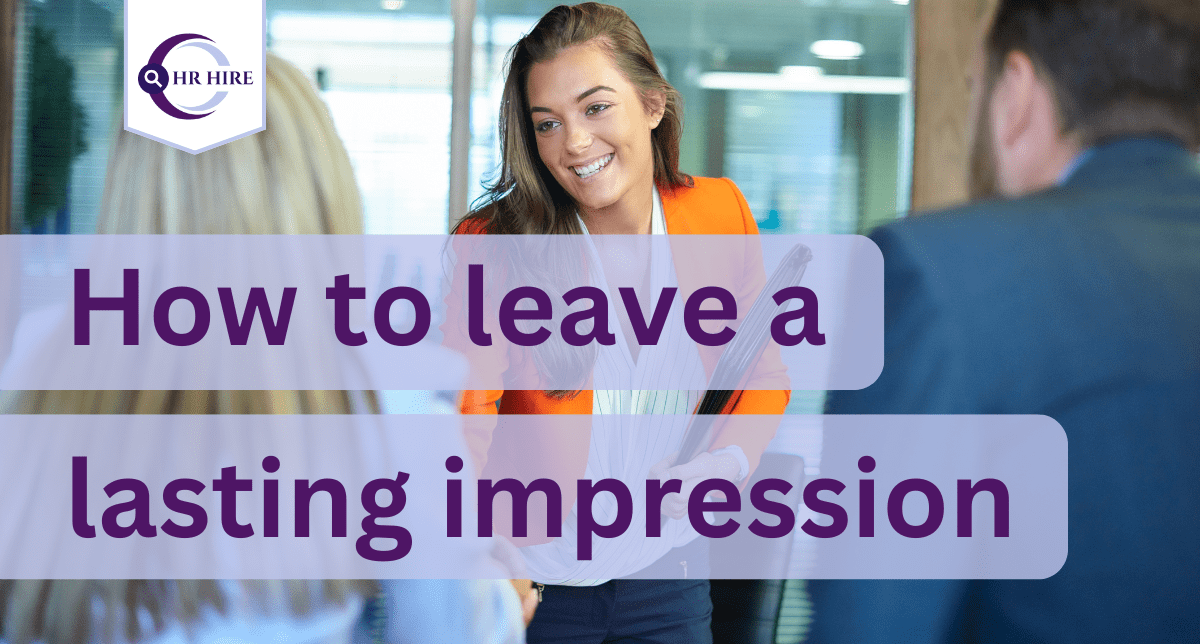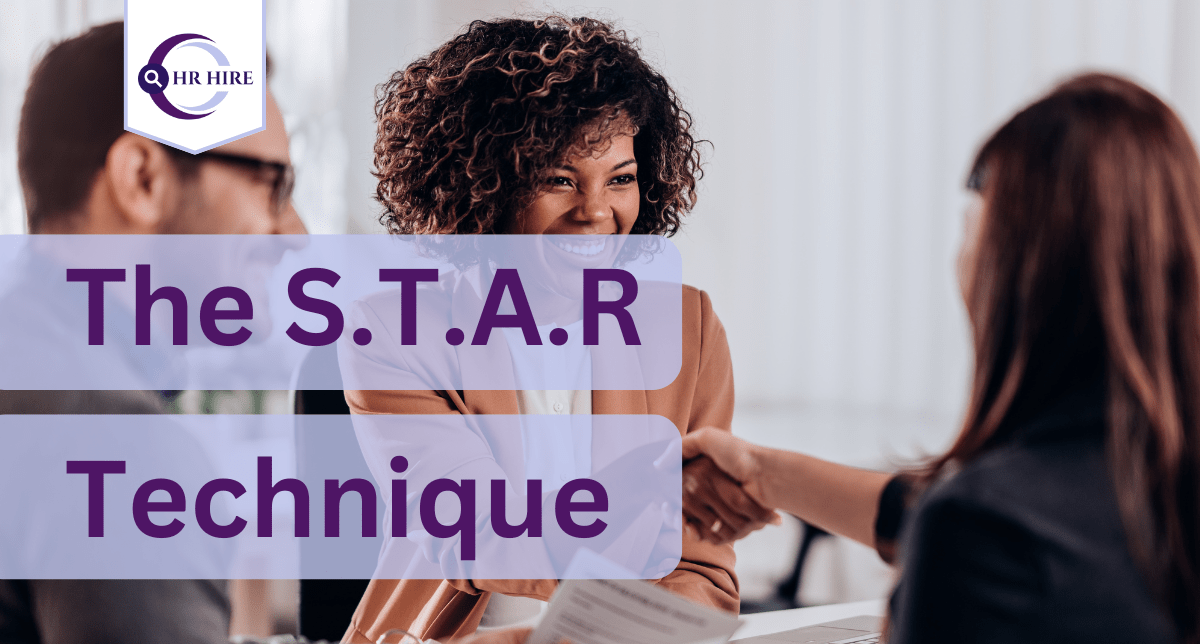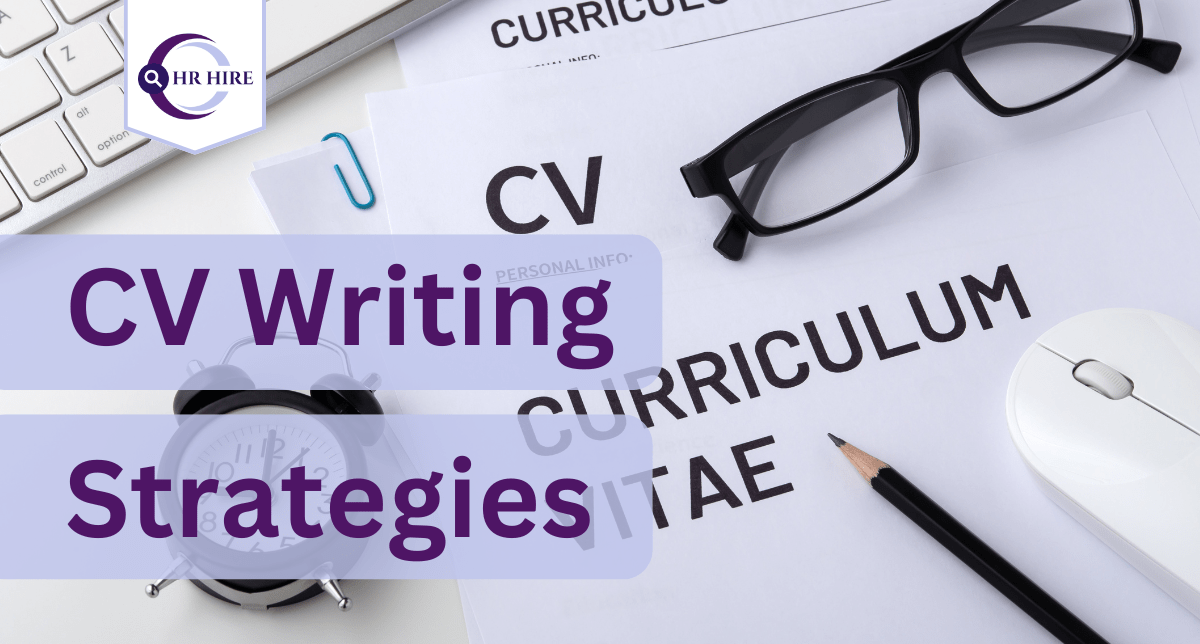Body Language: Leave a Lasting Impression at Job Interview
Body Language at Interview
When it comes to job interviews, we often focus on the words we say, the qualifications we highlight, and the structured answers to difficult questions.
"But what about body language?"
Your body language can say just as much (if not more) than the spoken word. So, if you want to leave a lasting impression, it’s crucial to pay attention to how you’re presenting yourself physically.
In this post, we’ll explore the body language secrets that can help you exude confidence, build rapport, and ultimately, stand out from the crowd during your interview.
1. The Power of a Firm Handshake
A handshake is one of the first things an interviewer will notice about you, and it sets the tone for the rest of the conversation. A firm (but not bone-crushing) handshake shows confidence and respect.
Approach with a smile and offer a firm handshake that’s not too weak or overpowering.
Make eye contact while shaking hands—this shows that you’re engaged and ready to connect.
Avoid a limp handshake, as it can be interpreted as a lack of confidence.
2. Posture: Sit Up Straight
Your posture communicates your level of confidence and interest. Slouching or leaning back too
Use your hands to highlight key points when explaining something important.
Keep your gestures open and relaxed—avoid pointed fingers or clenched fists, which can come across as aggressive.
If you tend to talk with your hands a lot, try to keep it controlled so your gestures don’t distract from what you’re saying.
3. Mirroring: Build Rapport
Why It’s Important: People tend to connect better with others who subtly mirror their body language. This can help you build rapport and make the interview feel more like a conversation.
If the interviewer leans forward, try leaning forward slightly as well. If they nod while speaking, give a small nod in return.
Don’t overdo it—mirroring should feel natural and not forced. The goal is to subtly match their energy and body language.
Mirroring can make the interviewer feel more comfortable and increase your chances of leaving a positive impression.
4. Hand Movements: Controlled & Open
Why It’s Important: Open, relaxed hand movements convey confidence, while fidgeting or closed-off gestures can signal anxiety or discomfort.
Keep your hands visible and relaxed. If you tend to fidget, try placing them on your lap or on the table to reduce distractions.
Avoid crossing your arms or clutching your hands together tightly, as this can appear defensive or uncomfortable.
Open palms during conversation can be a powerful gesture to convey honesty and transparency.
5. Avoiding Distracting Habits
Why It’s Important: Certain nervous habits can detract from the image of professionalism you’re trying to project. Whether it's tapping your foot or playing with your hair, these actions can make you seem nervous or distracted.
Be aware of any habits that may distract from your interview performance (e.g., chewing gum, fidgeting with a pen).
Practice mindfulness to reduce nervous movements and keep your body still and controlled.
Take a deep breath if you feel anxious; this can help you regain control of your body language.













